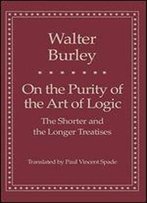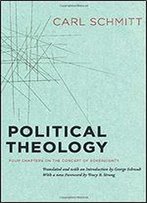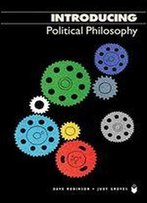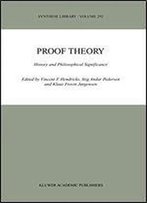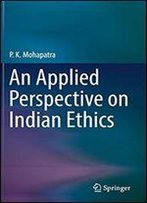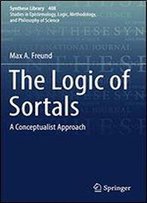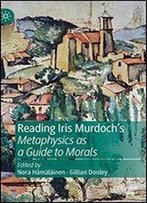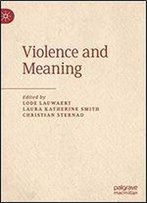
Philosophizing Madness From Nietzsche To Derrida
by Angelos Evangelou /
2017 / English / PDF
4.4 MB Download
Drawing connections between madness, philosophy and
autobiography, this book addresses the question of how
Nietzsche's madness might have affected his later works. It
also explores why continental philosophy after Nietzsche is
so fascinated with madness, and how it (re)considers,
(re)evaluates and (re)valorizes madness. To answer these
questions, the book analyzes the work of three major figures in
twentieth-century French philosophy who were significantly
influenced by Nietzsche: Bataille, Foucault and Derrida,
examining the ways in which their responses to Nietzsche’s
madness determine how they understand philosophy as well as
philosophy’s relation to madness. For these philosophers, posing
the question about madness renders the philosophical subject
vulnerable and implicates it in a state of responsibility towards
that about which it asks. Out of this analysis of their
engagement with the question of madness emerges a new conception
of 'autobiographical philosophy', which entails the insertion of
this vulnerable subject into the philosophical work, to which
each of these philosophers adheres or resists in different ways.
Drawing connections between madness, philosophy and
autobiography, this book addresses the question of how
Nietzsche's madness might have affected his later works. It
also explores why continental philosophy after Nietzsche is
so fascinated with madness, and how it (re)considers,
(re)evaluates and (re)valorizes madness. To answer these
questions, the book analyzes the work of three major figures in
twentieth-century French philosophy who were significantly
influenced by Nietzsche: Bataille, Foucault and Derrida,
examining the ways in which their responses to Nietzsche’s
madness determine how they understand philosophy as well as
philosophy’s relation to madness. For these philosophers, posing
the question about madness renders the philosophical subject
vulnerable and implicates it in a state of responsibility towards
that about which it asks. Out of this analysis of their
engagement with the question of madness emerges a new conception
of 'autobiographical philosophy', which entails the insertion of
this vulnerable subject into the philosophical work, to which
each of these philosophers adheres or resists in different ways.

